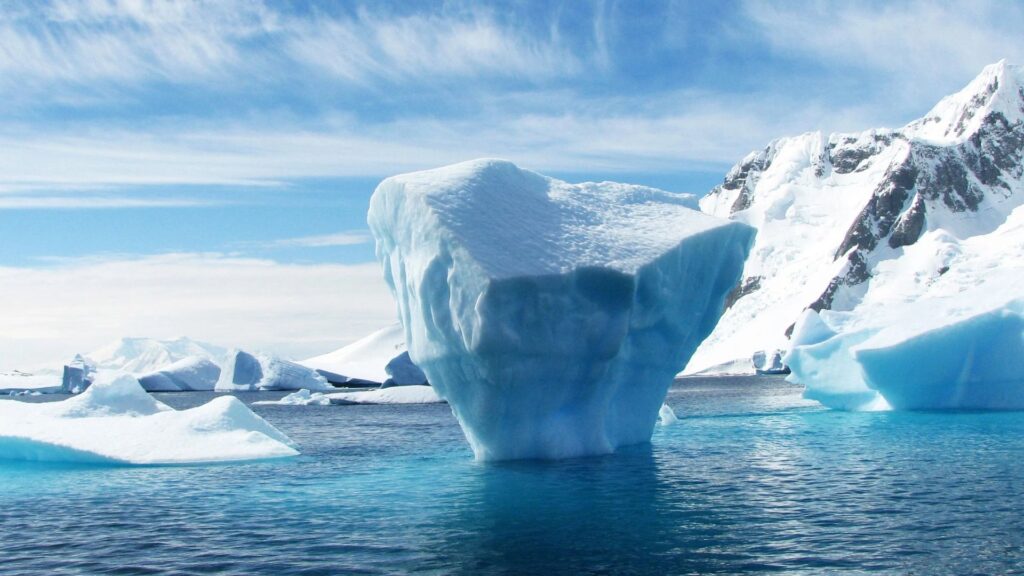As climate change continues to accelerate glacier melt across the globe, scientists are raising alarms over a potentially catastrophic consequence: more frequent and explosive volcanic eruptions.
In new findings presented at the Goldschmidt Conference, an international forum for geochemistry research, a team from the University of Wisconsin–Madison revealed that the retreat of ice sheets due to global warming could destabilize volcanoes hidden beneath glaciers. Their research focused on six volcanoes in southern Chile and offers new insight into how diminishing ice cover might unleash destructive geologic activity.
Lead researcher and graduate student Pablo Moreno-Yaeger explained that during the peak of the last ice age—approximately 20,000 years ago—thick glacial layers kept volcanic activity in check by exerting immense pressure on the Earth’s crust. This pressure trapped magma deep below the surface, allowing massive underground reservoirs to form over time.
However, as the ice age ended and glaciers rapidly receded, the sudden reduction in pressure allowed gases in the magma to expand, leading to violent volcanic eruptions.
“Our study suggests glaciers can suppress volcanic activity,” said Moreno-Yaeger. “But when they melt and retreat, the built-up pressure is released, making eruptions both more frequent and more explosive.”
This pattern has already been observed in Iceland, where glacial retreat has been linked to increased volcanic activity. The new research now expands the risk assessment beyond Iceland to include regions like Antarctica, North America, New Zealand, and parts of Russia.
“What’s concerning is that thick glacial coverage over magma chambers exists in several areas worldwide,” Moreno-Yaeger noted. “As climate change accelerates ice melt in these regions, we could see similar volcanic responses.”
Aside from the immediate threat of eruptions, there is also a long-term climate risk. Volcanic eruptions can release large amounts of greenhouse gases such as carbon dioxide and sulfur dioxide, potentially exacerbating global warming.
“This creates a feedback loop,” warned Moreno-Yaeger. “Melting glaciers can trigger eruptions, and those eruptions may further contribute to global warming, which in turn leads to more glacial melting.”
The study, which is pending peer review later this year, urges the global scientific community to intensify monitoring of glacier-covered volcanic regions and reassess the long-term climate implications of volcanic activity in a warming world.
